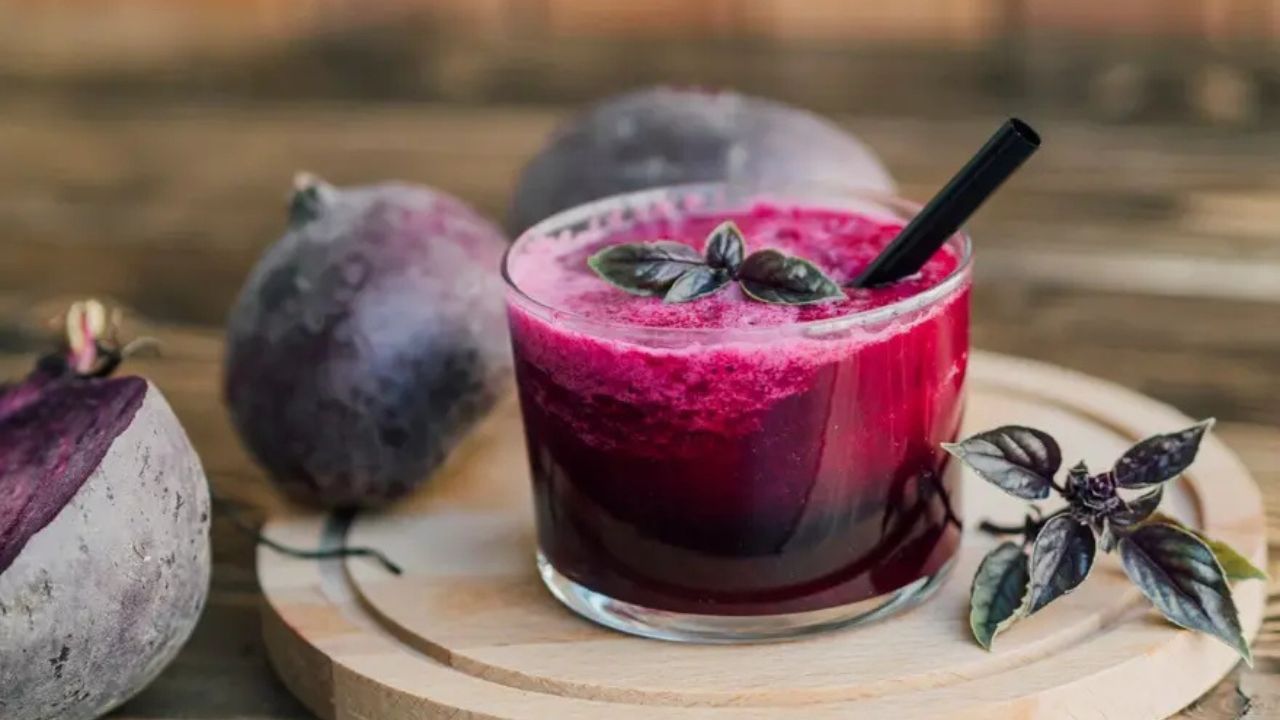
Can eating improve my VO₂ max?
Yes. VO₂ max reflects how well your heart, lungs, and muscles use oxygen. Certain nutrients, like nitrates, iron, and healthy fats, help improve oxygen delivery, cardiovascular efficiency, and muscle use.
What foods help boost VO₂ max?
Top options include:
Nitrate-rich veggies (beets, spinach, arugula) for blood vessel dilation
Iron-rich proteins (red meat, shellfish, legumes) for better oxygen transport
Healthy fats (olive oil, fish, nuts) to support mitochondrial and vascular function
Are supplements needed?
Some support might help (like beetroot juice before workouts or iron if deficient), but whole foods offer lasting results.
VO₂ max improvement from diet alone are modest unless correcting a deficiency.
VO₂ max also depends on how well your body transports oxygen: from lungs → blood → muscles.
Optimising this means focusing on nutrient-rich foods that support blood volume, vessel dilation, red cell function, and muscle mitochondria.
Vegetables like beets, spinach, arugula, and celery contain nitrates. Once converted to nitric oxide, they widen your blood vessels, boosting blood flow and oxygen delivery. Studies show beet juice can improve endurance performance and even increase VO₂ max by ~5 percent
Iron is essential for hemoglobin, the protein that carries oxygen. Low iron levels hurt VO₂ max, especially in athletes. Correcting deficiencies boosts performance; supplementing without deficiency doesn’t help much.

Healthy fats, olive oil, nuts, oily fish, support cardiovascular and metabolic function.
They nourish mitochondria (muscle cell “power plants”) and support healthy blood flow .
Though carbs come from food rather than fats, pairing them with proteins/fats stabilises energy and supports endurance training that raises VO₂ max.


